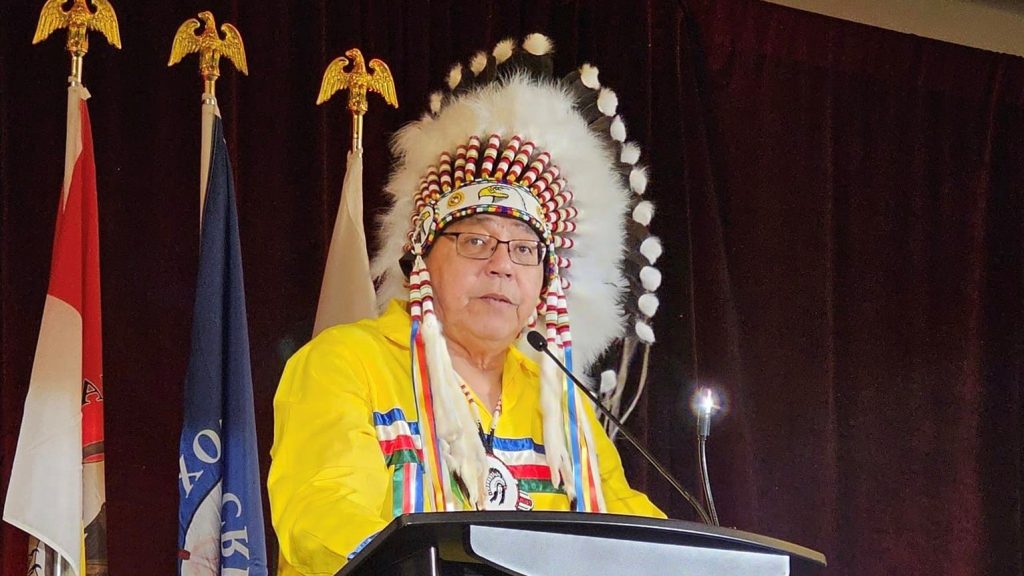Indigenous Peoples Resilience Fund
March 4, 2025
The Food Sovereignty Bundles are made possible by the Walmart Foundation. Eligible organizations and groups can apply for $5,000 to $100,000 for projects centered on food sovereignty, food security, and nutritional health and wellness.













